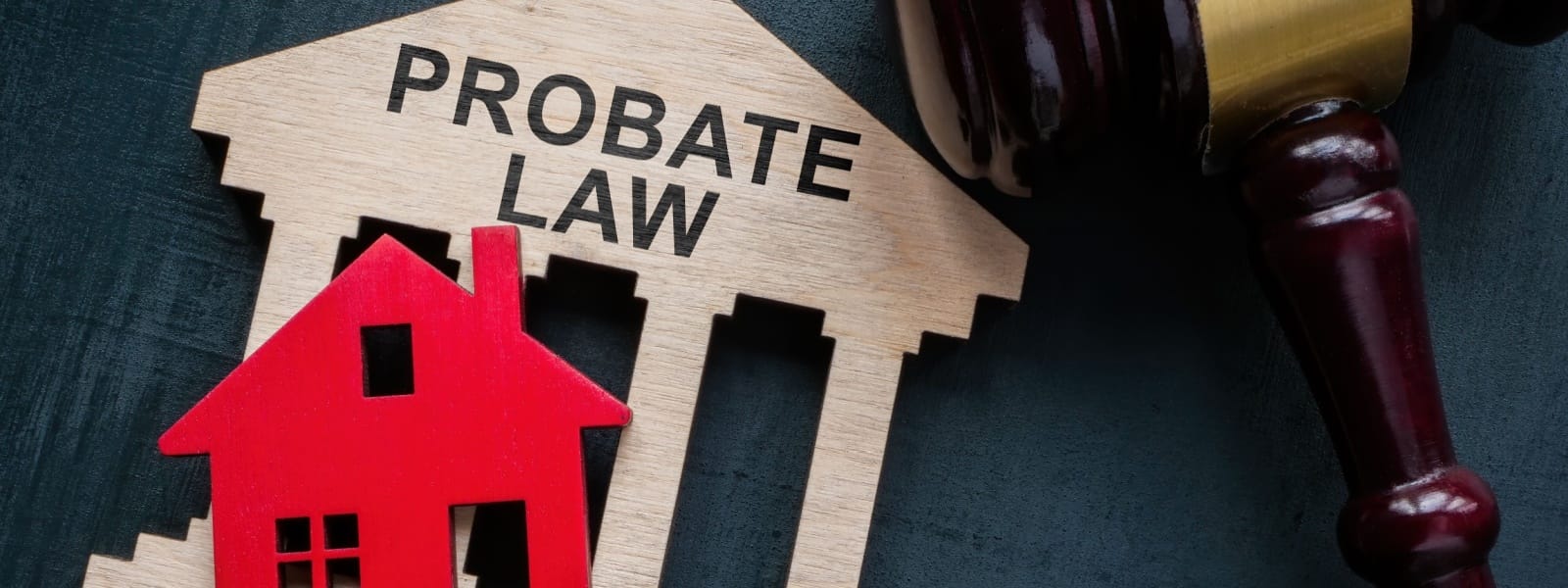The probate process is intended to be an orderly administration of a person’s final affairs. However, when disputes arise over the validity of a will, the actions of an executor, or the distribution of assets, the process can quickly become a contentious and emotionally draining legal battle. For beneficiaries, heirs, and fiduciaries in Elgin, IL, these conflicts can threaten not only their inheritance but also family relationships. Protecting your rights during this time requires skilled legal representation from an experienced trial attorney.
At The Law Offices of Anthony R. Scifo, we provide strategic and tenacious advocacy in all forms of probate and trust litigation. We understand the complexities of Illinois probate law and have a formidable track record of successfully resolving disputes through negotiation and in the courtroom. If you are involved in a contested estate matter in Elgin, IL, and need a strong advocate on your side, contact our office for a confidential consultation at 847-628-8311.

Navigating Probate & Trust Disputes in Elgin, IL
Probate litigation encompasses any legal dispute that arises during the administration of an estate or trust. These are not simple administrative issues; they are complex lawsuits filed within the probate court to challenge the terms of an estate plan or the conduct of a person in a position of trust. Our firm represents clients on all sides of these disputes, including beneficiaries who have been wronged, as well as executors and trustees who are being unfairly accused of misconduct.
Our primary goal is to protect our client’s financial interests and ensure the decedent’s true intentions are honored. We handle these sensitive family matters with the seriousness and strategic focus they demand.
Our Probate Litigation Services
Our law firm is equipped to handle a wide spectrum of estate and trust disputes in the Kane County probate court. We are trial lawyers who are prepared to take every necessary step to protect your inheritance and rights.
Will Contests
We represent clients who seek to challenge the validity of a will. A successful will contest renders the document invalid, and assets are typically distributed based on a previous, valid will or according to Illinois’s intestacy laws. These are complex cases that require compelling evidence to succeed.
Trust Litigation and Contests
Similar to will contests, we handle disputes involving trusts. This can include challenging the validity of the trust itself or suing a trustee for mismanaging trust assets, failing to make proper distributions, or not providing a required accounting to the beneficiaries.
Breach of Fiduciary Duty Claims
Executors, administrators, and trustees have a strict legal duty—a fiduciary duty—to act in the best interests of the estate and its beneficiaries. When they fail in this duty through negligence, self-dealing, or outright theft, we file legal action to hold them accountable, remove them from their position, and surcharge them for any damages they caused.
Asset Recovery Citations
When assets have been wrongfully taken from the decedent before their death or stolen from the estate after, we initiate powerful citation proceedings. This specialized legal action is designed to efficiently discover and reclaim hidden or stolen assets, ensuring they are returned to the estate for proper distribution.
Is your inheritance at risk? It’s time to defend your rights.
Contact our Elgin probate litigation attorneys at 847-628-8311 for a case evaluation.
Grounds for Contesting a Will or Trust in Illinois
You cannot challenge a will or trust simply because you are unhappy with its terms. Under Illinois law, you must have legal grounds to file a contest. The most common grounds include:
- Lack of Testamentary Capacity: Presenting evidence that the person who signed the document was not of sound mind and did not understand the nature of their assets or who would receive them.
- Undue Influence: Proving that a person in a position of power and trust manipulated or coerced the decedent into creating or changing a document to benefit themselves.
- Fraud or Forgery: Arguing that the document was created based on deception or that the signature is not genuine.
- Improper Execution: Challenging the will because it was not signed and witnessed according to the strict legal requirements of Illinois law.
Successfully proving these claims requires a thorough investigation and the skill of an experienced probate litigator.
Why Choose Scifo Law for Your Probate Dispute in Elgin?
When choosing an attorney for probate litigation, you need a firm with a deep understanding of this specific legal niche and a strong presence in the local courthouse. The Law Offices of Anthony R. Scifo is a premier choice for contested estate matters in Elgin and throughout Kane County.
Our experience with complex financial disputes and our background in related areas like guardianship and fiduciary litigation give us a comprehensive perspective. We understand how to analyze these cases, gather the necessary evidence, and present a compelling argument to the court. Our reputation as tough, prepared, and ethical trial lawyers works to our clients’ advantage both in settlement negotiations and at trial. We are dedicated to bringing clarity and resolution to your family’s most difficult legal challenges.
Frequently Asked Questions About Probate Litigation
Who has the legal standing to contest a will in Illinois?
- Only “interested persons” can contest a will. This typically includes heirs who would inherit if the will were invalid (like children or spouses) and beneficiaries named in a previous will who have been cut out or had their share reduced in the current will.
How long do I have to contest a will?
- The deadline is strict. In Illinois, a petition to contest a will must be filed within six months from the date it is officially admitted to probate by the court. If you miss this deadline, you will likely lose your right to challenge the will forever.
Is probate litigation expensive?
- Litigation can be costly, but the cost of inaction can be far greater—the complete loss of your rightful inheritance. We are transparent about legal fees and, in some cases, may consider alternative fee arrangements. The first step is to schedule a consultation to evaluate the strength and value of your claim. For more information on the governing law, you can review the Illinois Probate Act.




